Let’s play a game! A what-if guessing game. What if all your dreams came true in the New Year? What if, instead, your worst nightmares actually happened? What is something you’d never imagine befalling you and what if that very thing occurred?
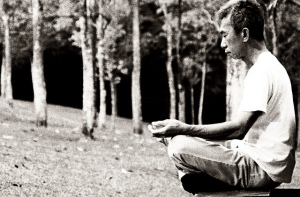
I know. I know. The zen-ists find it terribly unfashionable to play such games. Disconnects you from the lush and fertile present moment — that exhilarating continuum of now-right-now. Fine. I exempt the zen-ists, but not the writers, from playing.
Writers must often play at these guessing games in order to construct the authentic arc of a character’s life through story. They must molecularlize the tissues that bridge plot to person, event to emotion. They must knit time with insight, experience with catharsis.
The methods a writer might enlist to accomplish this feat are as limitless as they are unique to the user. Some writers employ complex character maps which catalog the myriad details and events of a character’s life before or “outside” the story. Favorite colors, worst fears, most memorables, etc. From these webs, the writers hope to spider out the juiciest themes which will feed the growing story events. Other writers immerse themselves in a character’s hobbies, jobs, and distractions. Ideally, the various sounds, textures, and flavors of these activities will season the metaphors that, in turn, build the broth of story. After all, as George Eliot notes, “we all of us […] get our thoughts entangled in metaphors, and act […] on the strength of them.”*

And still other writers play at simple what-if guessing games. What if this or that happens? What if the character chooses this, but not that? Engage with the what-ifs and the possibilities begin to tadpole in the pond of your imagination. A potentially overwhelming situation for the writer eager to nail down a sturdy plot, but an invigorating fertilizer for the imagination hoping to find the unexpected yet inevitable mysteries!
If we were to back into the past and ask me to guess what if my life unfolded exactly as I envisioned it just then, I would have said (with rambunctious certainty) that I would wind up the wife and devoted partner of my most treasured and beloved best friend. I could see nothing else. I could not imagine any other outcomes. Or maybe, I was too afraid to play with what-ifs.
What if that was not the outcome? What if, instead, tragedy pounced on me and spent the next year and half gnashing the bones of my broken heart between its sharp teeth? What if the most unthinkable thing I could not imagine actually happened?

Only in looking back can I trace the ricochet rebound boomerang skip wiggle weave jounce journey of my life. Not just recently, but going all the way back. Only while looking back can I see the restrictions fear placed on my imagination.
Conjuring pinball scenarios lends much to a person’s resilience, if not to a writer’s ability to plot surprising and fulfilling stories. Remember that your characters’ lives are not javelins. Dare to be erratic in your outlining. Dare to imagine the unimaginable.
In the midst of my bounce and bang off the rubber band bumpers — reams of unpublished writing, unanswered queries, blanket rejections, and that unexpected heartache as deep as the Grand Canyon — the most unimaginable thing gradually happened: I got published…in my chosen field of children’s writing, no less! And then, I got published again. Aaaand again. By the close of 2016, I will have produced a children’s magazine article, a short story, two science picture books, two middle grade civics/history books, and three mixed discipline books for young readers!
So, you tell me, 2017: what if? What if.
—
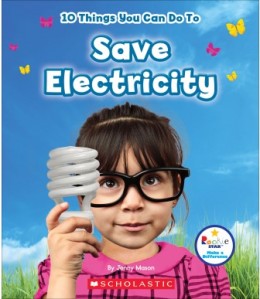
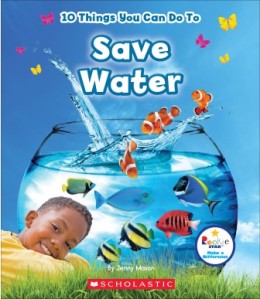
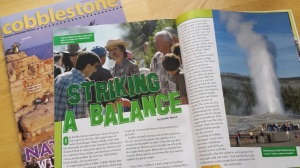
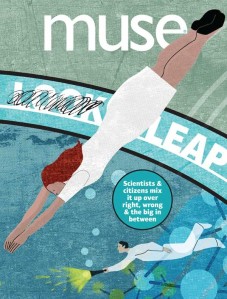
Freedom of Speech. Our Basic Freedoms Series. New York: Gareth Stevens, 2017 (forthcoming).
Freedom to Petition. Our Basic Freedoms Series. New York: Gareth Stevens, 2017 (forthcoming).
The Space Race. Greatest Races Series. New York: Rosen Publishing, 2017 (forthcoming).
The Nuclear Arms Race. Greatest Races Series. New York: Rosen Publishing, 2017 (forthcoming).
Crazy Road Races. Greatest Races Series. New York: Rosen Publishing, 2017 (forthcoming).
*p 85. Eliot, George. Middlemarch. 1872. London: Penguin, 2003. Print.
Comments